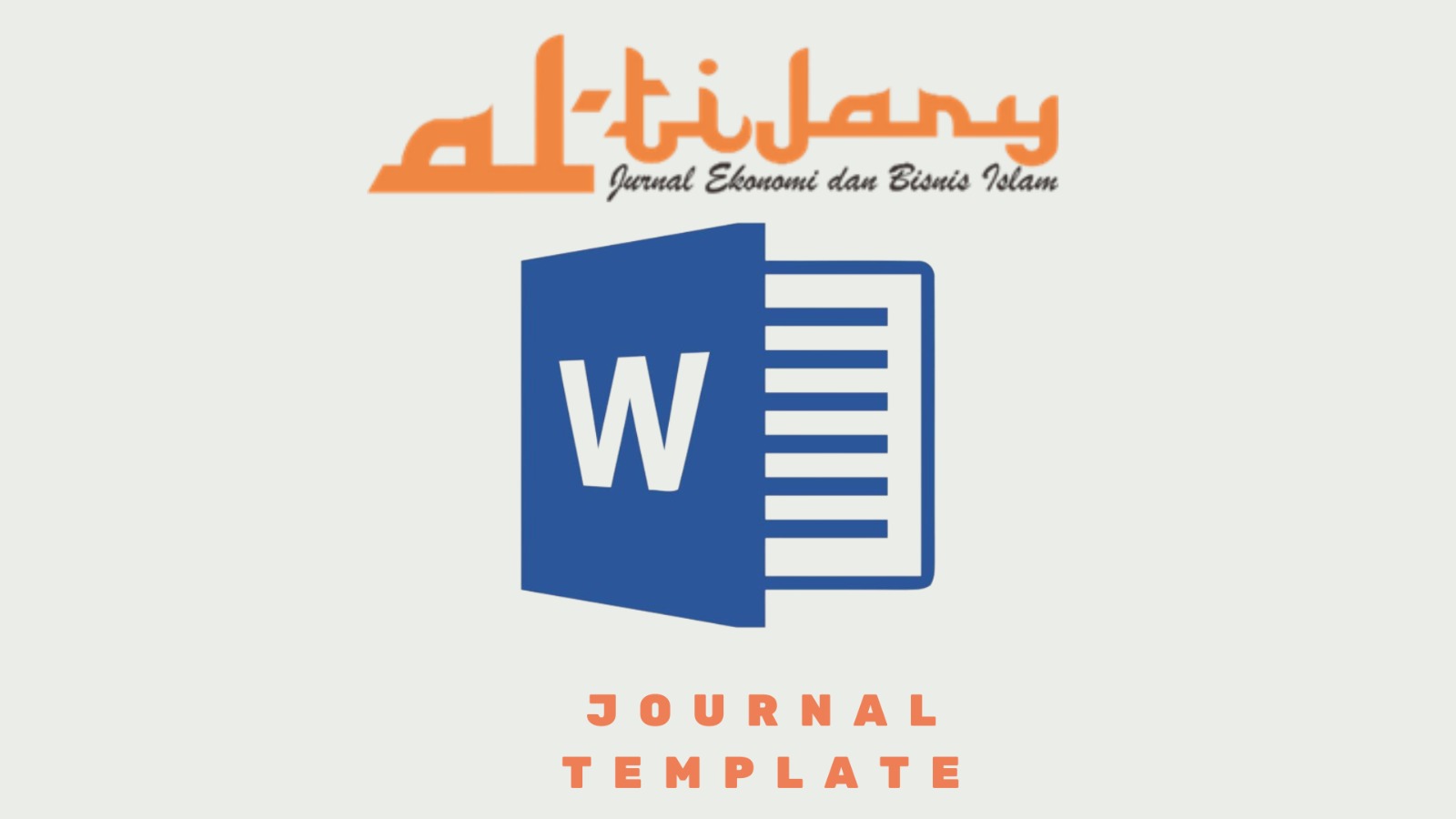Globalisasi Ekonomi Dan Implikasinya Bagi Negara-Negara Berkembang : Telaah Pendekatan Ekonomi Islam
Abstract
Economic globalization is the increasing economic integration and interdependence of national, regional and local economies across the world through an intensification of cross-border movement of goods, services, technologies and capital. Globalization leads to freer trade between countries. This is one of its largest benefits to developing nations. Homegrown industries see trade barriers fall and have access to a much wider international market. While an influx of foreign companies and foreign capital creates a reduction in overall unemployment and poverty, it can also increase the wage gap between those who are educated and those who are not. Over the longer term, education levels will rise as the financial health of developing countries rise, but in the short term, some of the poor will become poorer. Not everyone will participate in an elevation of living standards. According to Islamic economics, economic globalization should be done using appropriate approaches so as not to cause a lot of problems that could potentially harm the countries that are developing. The approach used should be based on fairness and equality in human interaction, and a multidisciplinary approach that covers all aspects of human life, moral, intellectual, social, historical, demographic, and political.References
Arif, Sritua. 1998. Teori dan Kebijaksanaan Pembangunan, CIDES .
Arsyad, Lincolin. 1999. Ekonomi Pembangunan, Yogyakarta: STIE YKPN.
Chapra, M. Umer. 1992. Islam and The Economic Challenge , Leicester, UK.:, The Islamic Foundation.
Clements, Kevin P. 1999. Teori Pembangunan dari Kiri ke Kanan, terj. Endi Haryono, Yogyakarta: Pustaka Pelajar.
Friedman, M. 1970. Foreign Economic Aid : Means and Objective, dalam T Baghwati dan R. Eckans (Ed), Foreign Aid, London: Penguin.
George, Susan. 2000. “A Short History of Neoliberalism”, dalam Walden Bello, Nicola Bullard, Kamal Malhotra (ed.), Global Finance: New Thinking on Regulating Speculative Capital Markets, Zed Books.
Khor, Martin. 2002. “Globalisasi Perangkap Negara-Negara Selatan”, Seri Kajian Global, Yogyakarta: Cindelaras Pustaka Rakyat Cerdas.
Mangkusuwondo, Suhadi. 1987. “Teori dan Kebijaksanaan Ekonomi Makro: Perspektif Indonesia”, dalam Hendra Esmara (ed), Teori Ekonomi dan Kebijaksanaan Pembangunan, Jakarta: Gramedia.
Martinez, Elizabeth, dan Arnoldo Garcia. 1998. ”What is Neo-Liberalism?”, Third World Resurgence No. 99/1998.
Nayyar, D. 1997. Globalization: The Past in Our Future, Penang, Malaysia, Third World Network.
Qutb, Sayyid. 1994. Keadilan Sosial dalam Islam, alih bahasa Afif Muhamad, Bandung: Pustaka.
Sugiono, Muhadi. 1999. Kritik Antonio Gramsci Terhadap Pembangunan Dunia Ketiga, terj. Cholish, Yogyakarta: Pustaka Pelajar.
T. Gilarso. 1992. Pengantar Ilmu Ekonomi, Bagian Makro, Yogyakarta : Kanisius.
Todaro, MP. 1977. Economic for Developing World, London : Longman.
Wahid, Hasyim, dkk. 1999. Telikungan Kapitalisme Global dalam Sejarah Kebangsaan Indonesia, Yogyakarta LKiS.
Wheelwright, Ted. 1998. “How Neo-Liberal Ideology Triumphed”, Third World Resurgence, No. 99/1998.
Arsyad, Lincolin. 1999. Ekonomi Pembangunan, Yogyakarta: STIE YKPN.
Chapra, M. Umer. 1992. Islam and The Economic Challenge , Leicester, UK.:, The Islamic Foundation.
Clements, Kevin P. 1999. Teori Pembangunan dari Kiri ke Kanan, terj. Endi Haryono, Yogyakarta: Pustaka Pelajar.
Friedman, M. 1970. Foreign Economic Aid : Means and Objective, dalam T Baghwati dan R. Eckans (Ed), Foreign Aid, London: Penguin.
George, Susan. 2000. “A Short History of Neoliberalism”, dalam Walden Bello, Nicola Bullard, Kamal Malhotra (ed.), Global Finance: New Thinking on Regulating Speculative Capital Markets, Zed Books.
Khor, Martin. 2002. “Globalisasi Perangkap Negara-Negara Selatan”, Seri Kajian Global, Yogyakarta: Cindelaras Pustaka Rakyat Cerdas.
Mangkusuwondo, Suhadi. 1987. “Teori dan Kebijaksanaan Ekonomi Makro: Perspektif Indonesia”, dalam Hendra Esmara (ed), Teori Ekonomi dan Kebijaksanaan Pembangunan, Jakarta: Gramedia.
Martinez, Elizabeth, dan Arnoldo Garcia. 1998. ”What is Neo-Liberalism?”, Third World Resurgence No. 99/1998.
Nayyar, D. 1997. Globalization: The Past in Our Future, Penang, Malaysia, Third World Network.
Qutb, Sayyid. 1994. Keadilan Sosial dalam Islam, alih bahasa Afif Muhamad, Bandung: Pustaka.
Sugiono, Muhadi. 1999. Kritik Antonio Gramsci Terhadap Pembangunan Dunia Ketiga, terj. Cholish, Yogyakarta: Pustaka Pelajar.
T. Gilarso. 1992. Pengantar Ilmu Ekonomi, Bagian Makro, Yogyakarta : Kanisius.
Todaro, MP. 1977. Economic for Developing World, London : Longman.
Wahid, Hasyim, dkk. 1999. Telikungan Kapitalisme Global dalam Sejarah Kebangsaan Indonesia, Yogyakarta LKiS.
Wheelwright, Ted. 1998. “How Neo-Liberal Ideology Triumphed”, Third World Resurgence, No. 99/1998.
Published
2015-12-01
Section
Articles
Copyright (c) 2016 AL-TIJARY

This work is licensed under a Creative Commons Attribution 4.0 International License.








